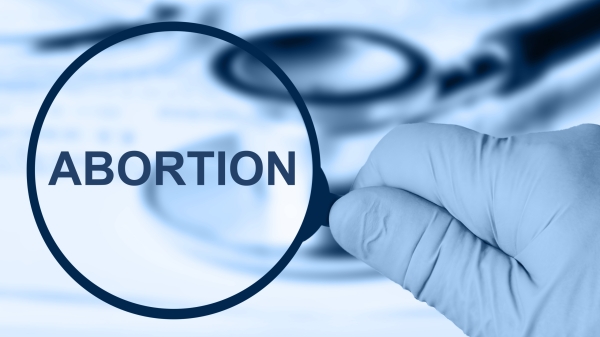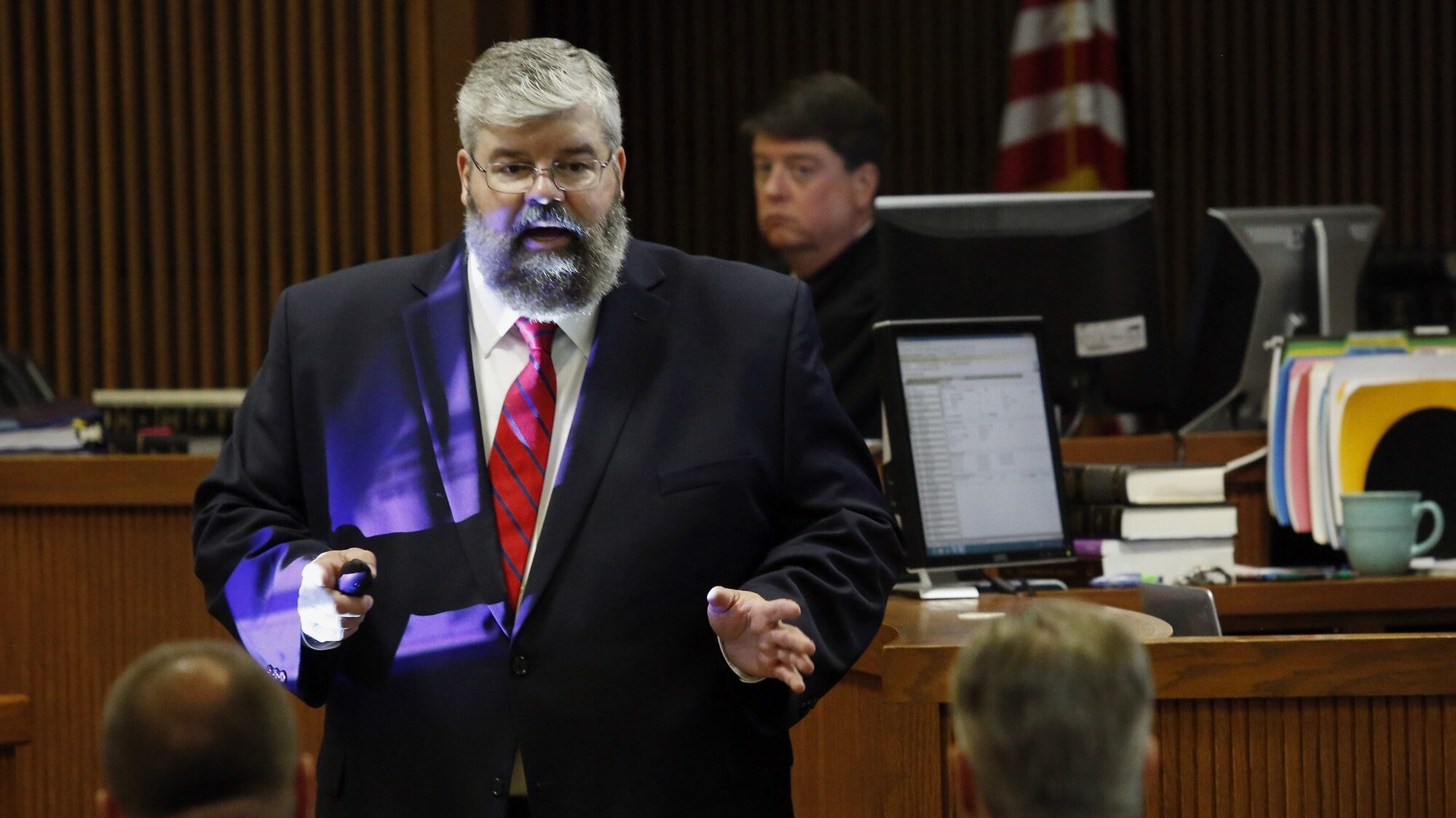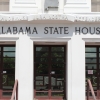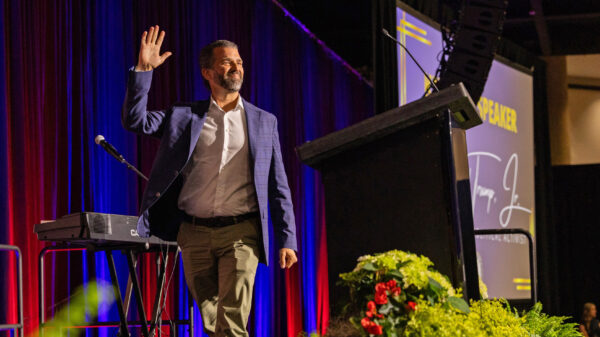The Attorney General’s Special Prosecutions Division is seeking a rehearing on the only overturned count of former Alabama House Speaker Mike Hubbard’s 2016 felony ethics conviction.
At the same time, Hubbard’s defense team is seeking a rehearing, too, asking the court to reconsider its entire opinion upholding all but one of the 12 guilty verdicts in his case.
Both teams filed their applications for rehearing on Monday, two weeks after the court released the long-awaited 160-page decision that delivered yet another blow for Hubbard and his legal challenges.
Under Alabama law and appellate rules, a person must seek a rehearing before appealing their case on to the Alabama Supreme Court, which would provide a final ruling in the case, should they choose to hear it.
The Court of Criminal Appeals, the five-judge panel that hears all criminal appeals in the state, issued their ruling on Aug. 28. The court ruled there was sufficient evidence to convict the former Auburn Republican on 11 of 12 charges against him that he used his office for personal gain.
Among those were charges that he received asked for and received improper investments for his Auburn printing business and work opportunities from lobbyists and principals (those that hire or employ lobbyists).
Though he was sentenced to four years in state prison, Hubbard remains free on bond until his appeal is complete. If the Supreme Court takes his case, it could be two more years before he serves jail time, at which point it would have been four years and he could have completed his sentence.
Hubbard’s appeal argued that prosecutors used an overly broad definition of the state’s ethics laws, engaged in prosecutorial misconduct and misused former Ethics Commission Executive Director Jim Sumner’s testimony to get the speaker convicted.
While the court largely upheld the state ethics laws Hubbard was convicted of violating, the jurists also criticized the state Legislature for what they said were ambiguities in the law, calling on them to make urgent clarifications.
The only count overturned was Count 5, and the state is seeking to rehear that decision.
The court overturned the part of the verdict that found Hubbard guilty of voting on a piece of legislation — the 2014 state General Fund Budget — with which he had a conflict of interest.
That count related to Hubbard’s contract with the trade organization American Pharmacy Cooperative Inc. He was found guilty of voting in 2013 on the general fund despite language in the bill that would have benefited APCI all while he was receiving a $5,000 monthly retainer through his Auburn-based business Auburn Network Inc. for consulting.
The court found the state didn’t prove that Hubbard had a true conflict of interest as defined by law because they said he did not meet the definition of an employee, choosing to overturn that count on the basis of state law’s definition of a “public employee” because no definition of “employee” was readily available.
That budget included a provision that would have effectively given APCI a monopoly over the State’s Medicaid prescription contracts. The provision would have set APCI up to be the only entity in the State that would have met the requirements to be Medicaid’s pharmacy benefits manager, which would have handled all buying and selling of drugs for the State’s beneficiaries.
After initially opposing the adoption of a PBM to manage the state’s buying and selling of drugs for the state’s beneficiaries, APCI crafted language that would have required whatever PBM that was chosen to represent 30 percent of the retail pharmacies in the state.
APCI was the only organization that could have met that requirement.
The state, in their application for a rehearing, points to Hubbard’s relationship with Auburn Network and Auburn Network’s broader connection with APCI. Auburn Network and Hubbard both had a substantial financial interest in APCI because the organization was providing $60,000 per year in wages and fees.
State prosecutors, led by Deputy Attorney General James Houts and Matt Hart, argue the court overlooked “the leverage possessed by APCI due to its ability to terminate the contract ‘at any time.”
Moreover, prosecutors said the court erred in constructing an impromptu definition of an “employee” by reworking the given definition of “public employee.” The court found that state law requires a state employee to receive more than 50 percent of their income from the state to be considered a public employee.
When that definition was co-opted for a definition of “employee,” Hubbard didn’t qualify as an employee of APCI because he didn’t receive 50 percent of his income from the organization.
Prosecutors wrote said the court’s decision there was “demonstrably wrong and conflicts directly with Alabama Supreme Court precedent,” adding that just because a term doesn’t have a given definition, doesn’t mean it isn’t applicable, pointing to Supreme Court precedent that states that the “natural, plain, ordinary, and commonly understood meaning” of a word should be used unless a more specific definition is provided.
“The inclusion of a definition for ‘public employee’ implies the need for a definition beyond its plain, ordinary meaning, yet the exclusion of a definition for ’employee’ evidences the absence of such a need,” prosecutors wrote.
“In short, the legislature wanted to provide a definition for ‘public employee’ different than its plain, ordinary meaning,” they continued. “To judicially graft a version of this ‘public employee’ definition onto the common term ’employee’ is judicial legislation. Creating statutory definitions that differ from the plain and ordinary meaning of a word is a prerogative unique to the legislative branch.”
Hart and Houts’ defense of the ethics laws add to ongoing debates over how the state Legislature should move forward with a rewrite of the ethics laws. Since Hubbard was convicted of violating the ethics laws — the same laws he pushed through the House during his first special session as speaker in December 2010 — lawmakers have been calling for changes and clarifications.
The Legislature — the majority of which is occupied by many of Hubbard’s Republican contemporaries, colleagues whom he in many ways as ALGOP chair helped elected — is now considering a wide-ranging rewrite.





















































